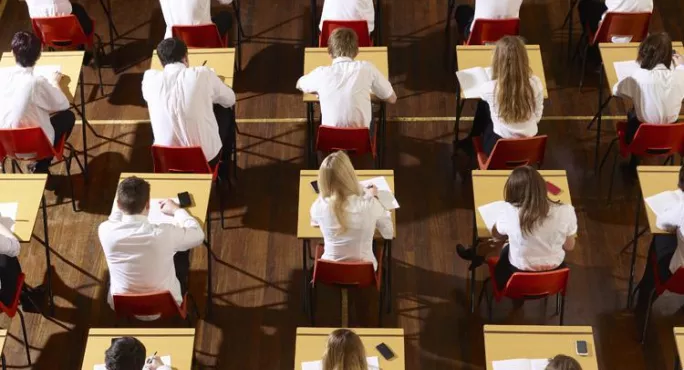Exclusive: Reformed GCSEs put pupils with SEND ‘10 steps back’
Share
Exclusive: Reformed GCSEs put pupils with SEND ‘10 steps back’
Nearly three quarters of school leaders think changes to GCSEs have disadvantaged pupils with SEND, a poll has revealed.
The head of one special school warns the reforms have put pupils “10 steps back” and forced them to sit alternative qualifications that are less well-regarded by employers than GCSEs.
A survey by Tes and the Association of School and College Leaders put the following question to school leaders: “Some heads are concerned that the removal of coursework from GCSEs will disadvantage pupils with SEND. Do you believe this to be true?”
In response to the question, which was answered by 422 ASCL members from schools and colleges in England, 73 per cent replied “yes”.
Thirteen percent replied “no” and the same figure replied “not sure”.
Vijita Patel, principal of Swiss Cottage School, Development and Research Centre - a special school in London - told Tes that some pupils who would previously have sat GCSEs are now taking alternative qualifications that are felt to be more appropriate to their abilities.
She said that the way the new GCSE qualification is geared - particularly its focus on pupils engaging with their working memory over the two-year period in which the course is covered - disadvantages some pupils with SEND.
“Their actual cognitive ability is on a par with pupils of their own age - it’s that the design of the linear exam is almost putting them 10 steps back,” she said.
However, Ms Patel suggested that SEND pupils could potentially be held back by holding alternative qualifications as employers did not see them as holding the same “currency” as GCSEs.
This is an edited article from the 25 May edition of Tes. Subscribers can read the full article here. This week’s Tes magazine is available in all good newsagents. To download the digital edition, Android users can click here and iOS users can click here




